Llum P interviewed Ms Robleh to find out more about the Eco Warriers, food waste and how we can help the planet more in 2023.
Why did you set up Eco Warriors?
I studied a Masters in Sustainable Development and when I started working in schools, I thought there was a big opportunity to help the planet by working with schools to make them more environmentally friendly.
Having students involved in how we are making the school more sustainable means that they can learn how better to help the planet and take action at home.
Being an Eco warrior empowers students to find ways to help the planet and to help spread awareness of what we can all do.
What difference can kids make to save the planet?
When we make small actions, if lots of us are doing it, we can have a big impact!
Eco Warriors, for example, help spread awareness of what we can do to help the planet – like not throwing rubbish on the floor, recycling when possible, not wasting food, walking or using a bike for short journeys rather than relying on using a car.
Spreading awareness and these actions make a big difference. I have had parents tell me that because of what their children have shared with them
they are now recycling at home.
Last term there was a big effort to stop food waste – we all loved the stickers we got in the dining room! But why is food waste an important issue?
We waste a third of the food we produce. It’s like going to the shops, buying three bags of food and then immediately putting one of the bags straight into the rubbish bin.
Why does that matter? Because, to make food we use a lot of resources that impact the environment: land (to grow the plants or to keep animals on), water (which many countries don´t have enough of) and energy (tractors and machinery used to grow, harvest and produce food). So when we throw that food away, it’s like we are also throwing away those important resources.
The food that is thrown away ends up going to landfill sites (big areas just for rubbish). Here the food breaks down, releasing methane gas. Methane gas is a greenhouse gas which is 27 times more potent than carbon dioxide. That means it’s really bad for the planet.
If that wasn´t bad enough, the food waste also releases a poisonous liquid called leachate, which goes into the waterways (rivers and streams) and harms the wildlife that lives there as well as poisoning plants.
If food waste was a country, it would be the third largest emitter of greenhouse gas in the world after China and America!
So food waste is a really big problem but is something we can all help to reduce.
What can we do at home to help reduce food waste?
Most important is to use up your leftover food – if someone has made a meal and there´s some left, you can freeze it for another day or turn your leftovers into a new meal.
It’s also important not to waste the food on your plate. Don´t snack as much so you are hungry at meal times. Only ask for the amount of food you know you can eat. You can always ask for more food if you´re still hungry but it’s
hard to re-use food that has already been on your plate.
You can also compost your food waste – vegetable peels can be composted and then the compost can go into making more nutrients for the soil and you can grow your own vegetables!
Last term we voted on which menu items we didn´t enjoy as much. When will the new menu items be announced?
Right now the Eco Reps from secondary and the Eco Warriors from primary are thinking about how to adapt those old recipes to make them more appetizing for students. They will then be taking their ideas to the kitchen and the kitchen will prepare alternative options for them to try.
Once the alternatives have been agreed on, we will be announcing the new meals – watch this space!

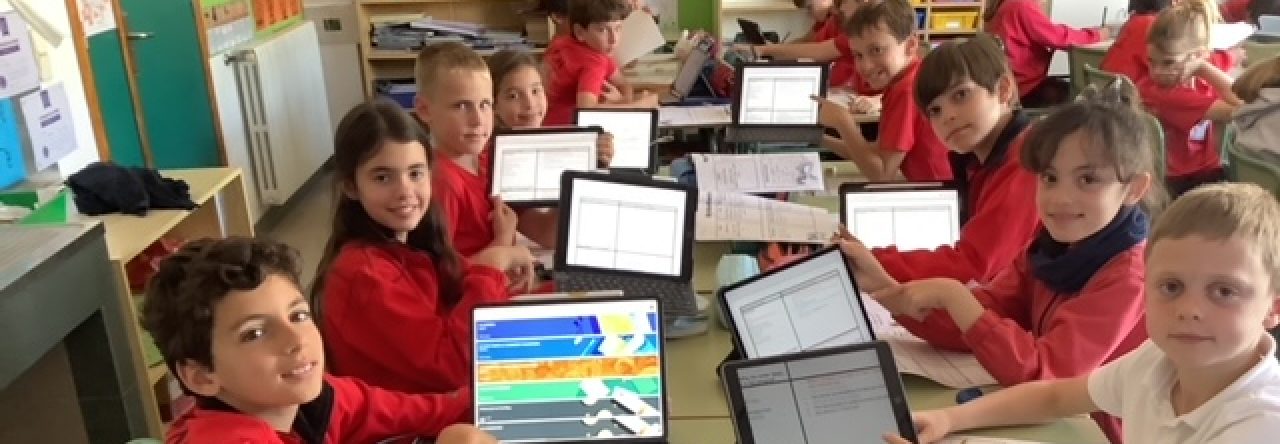
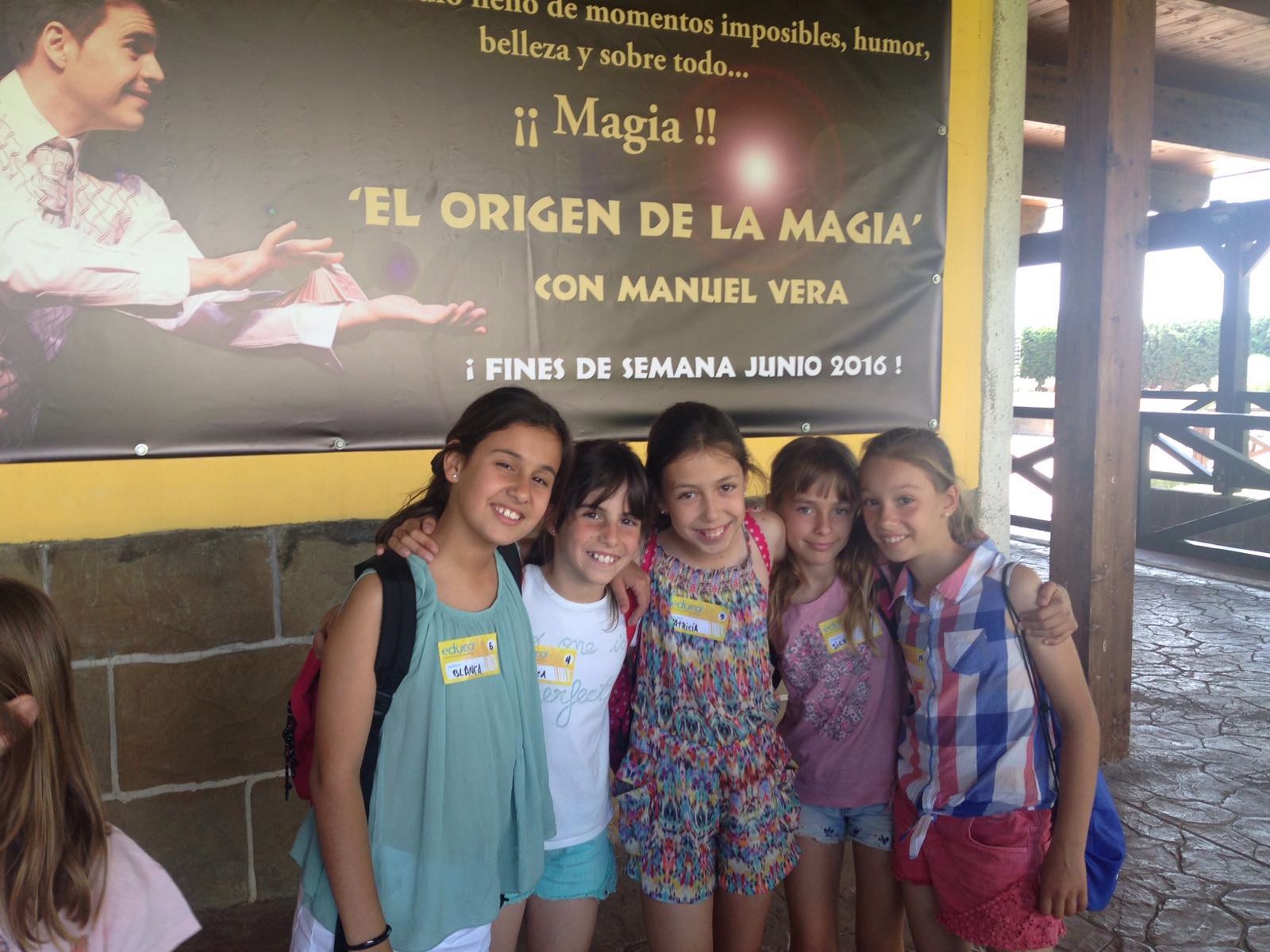

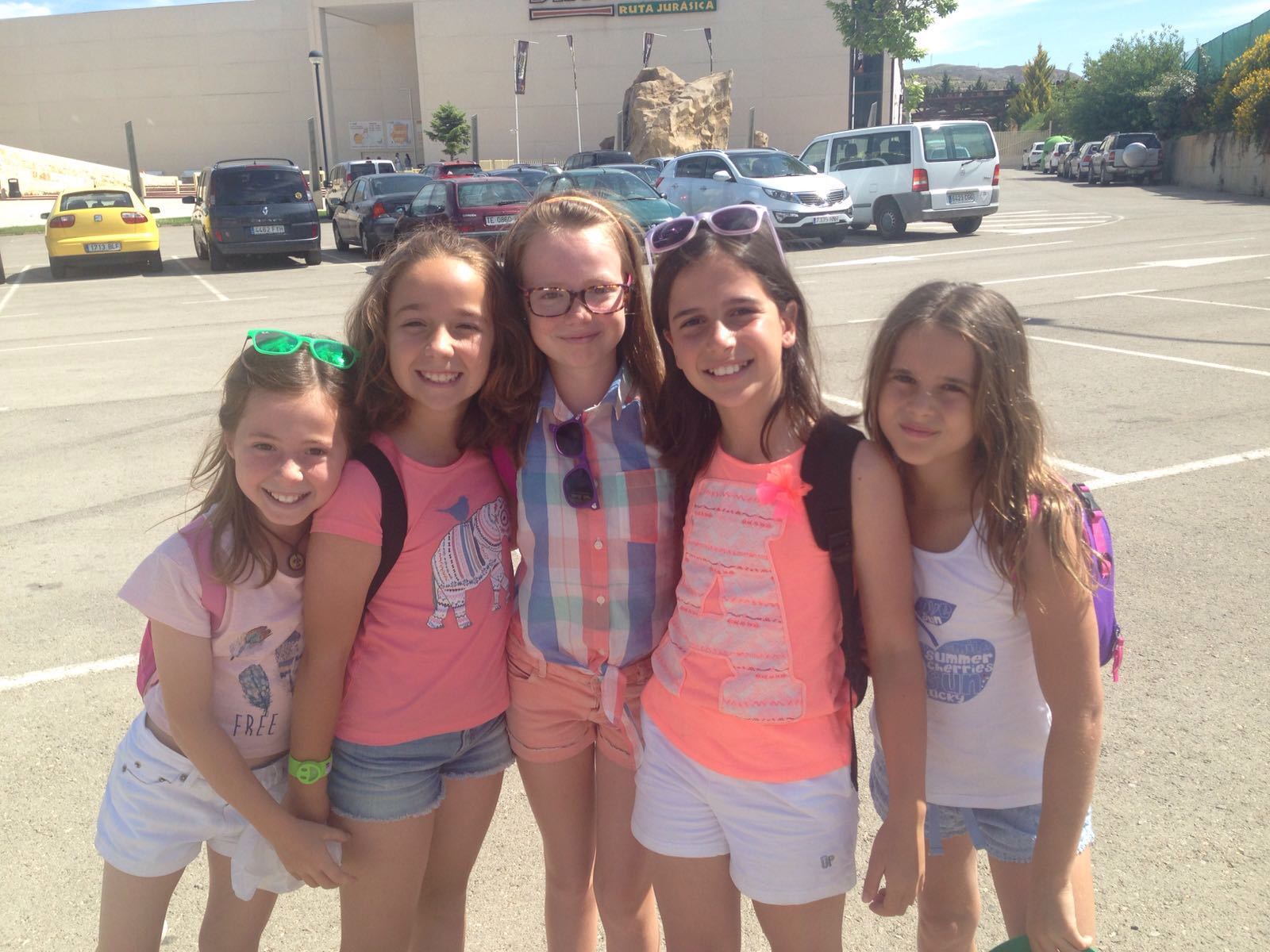

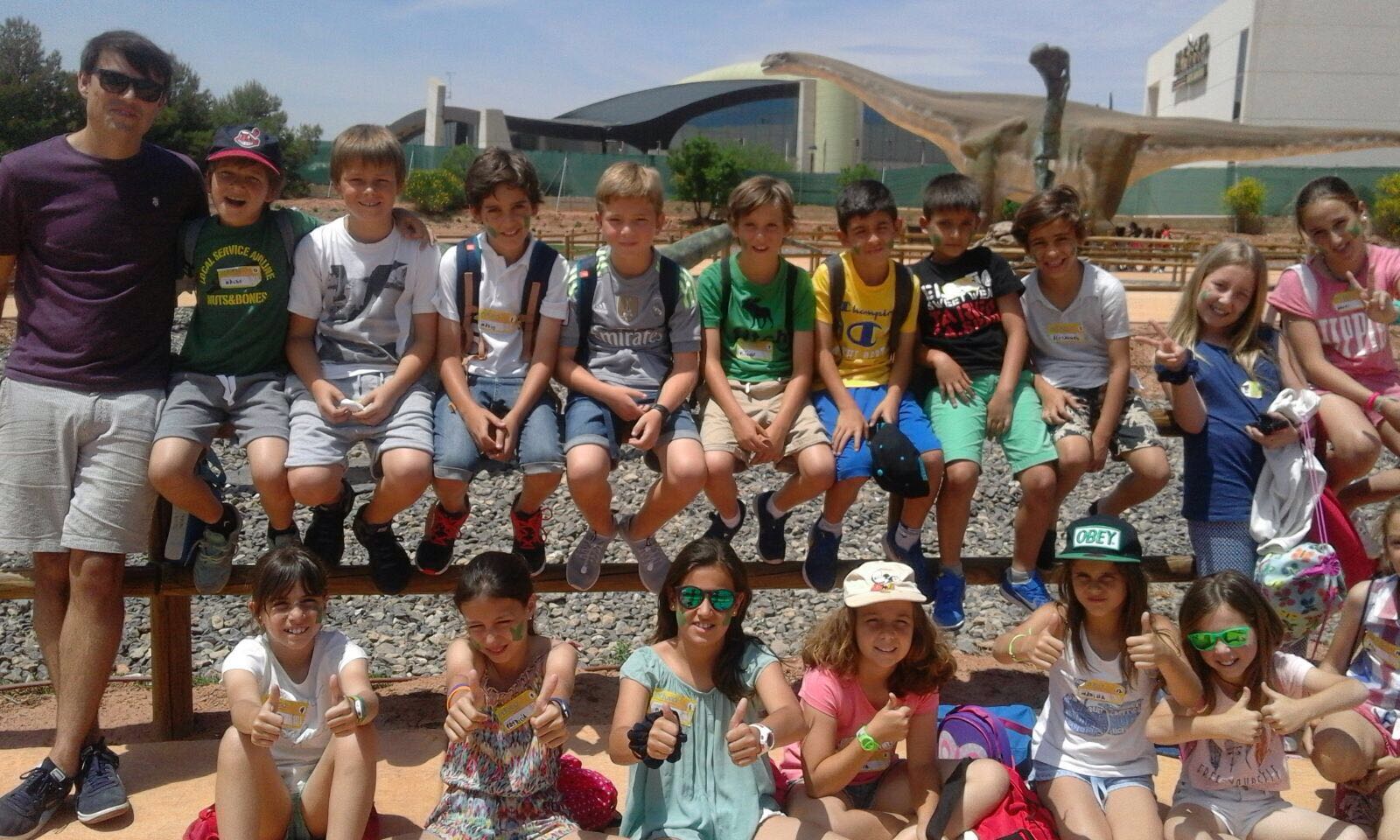
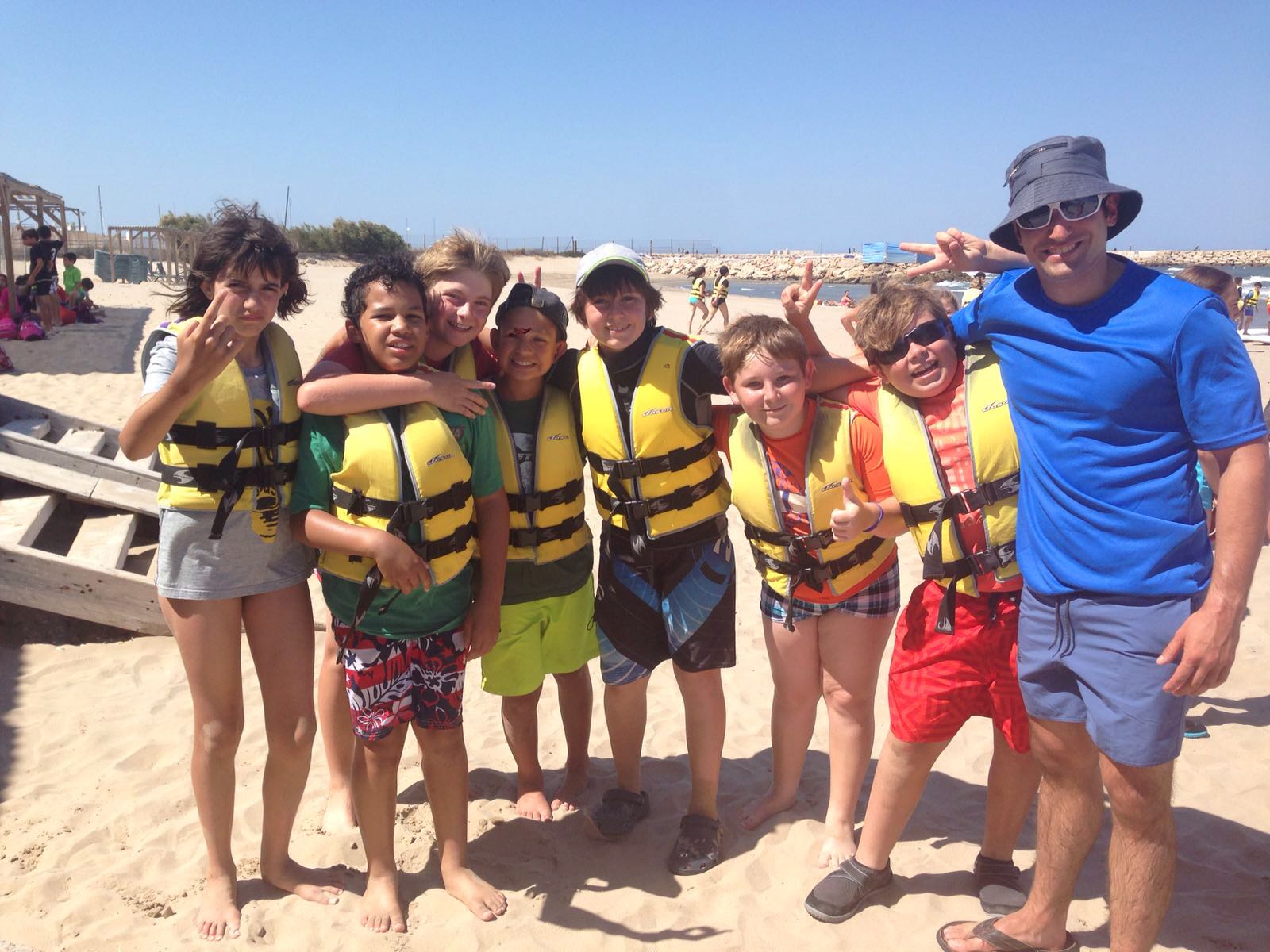
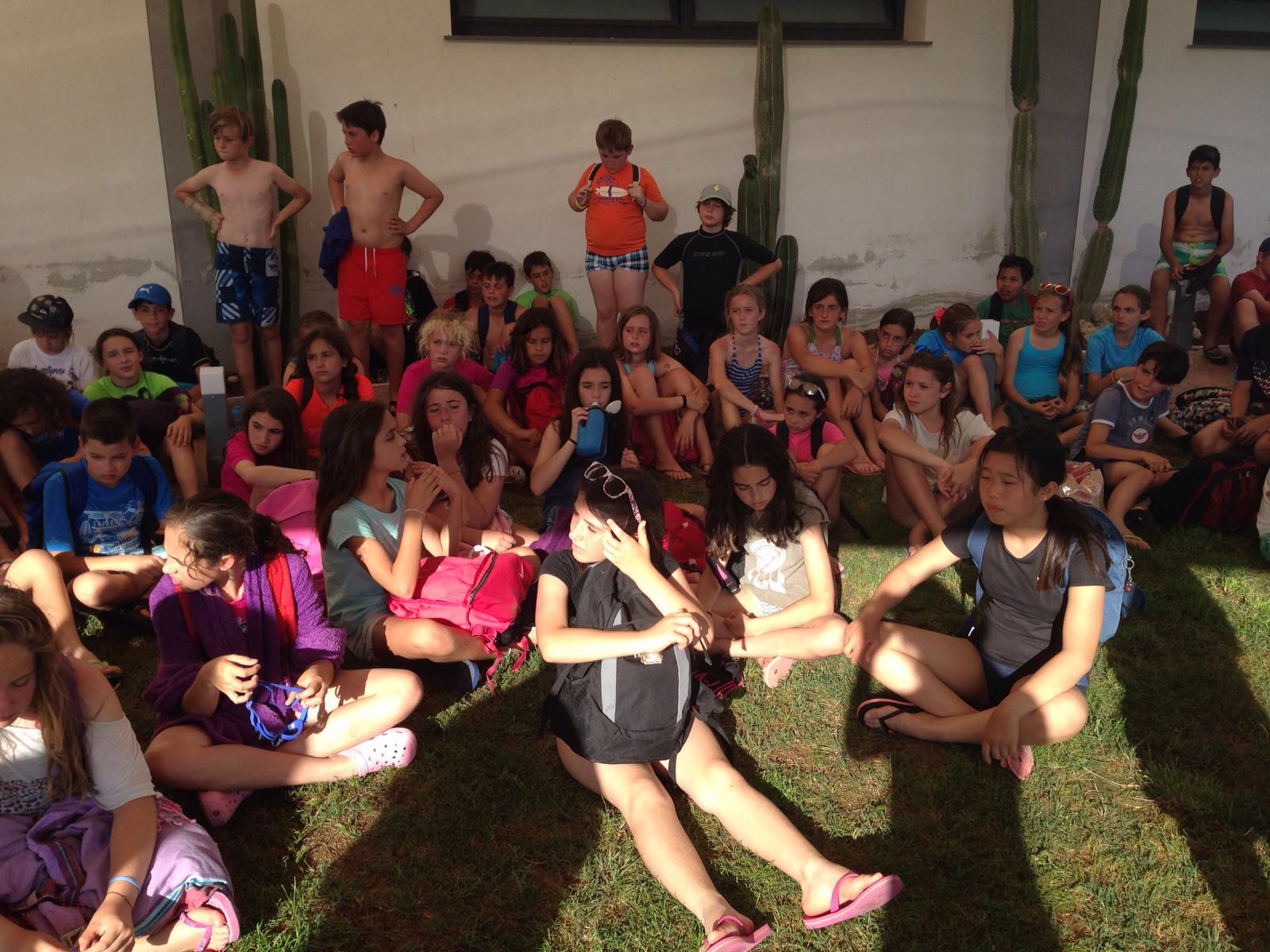
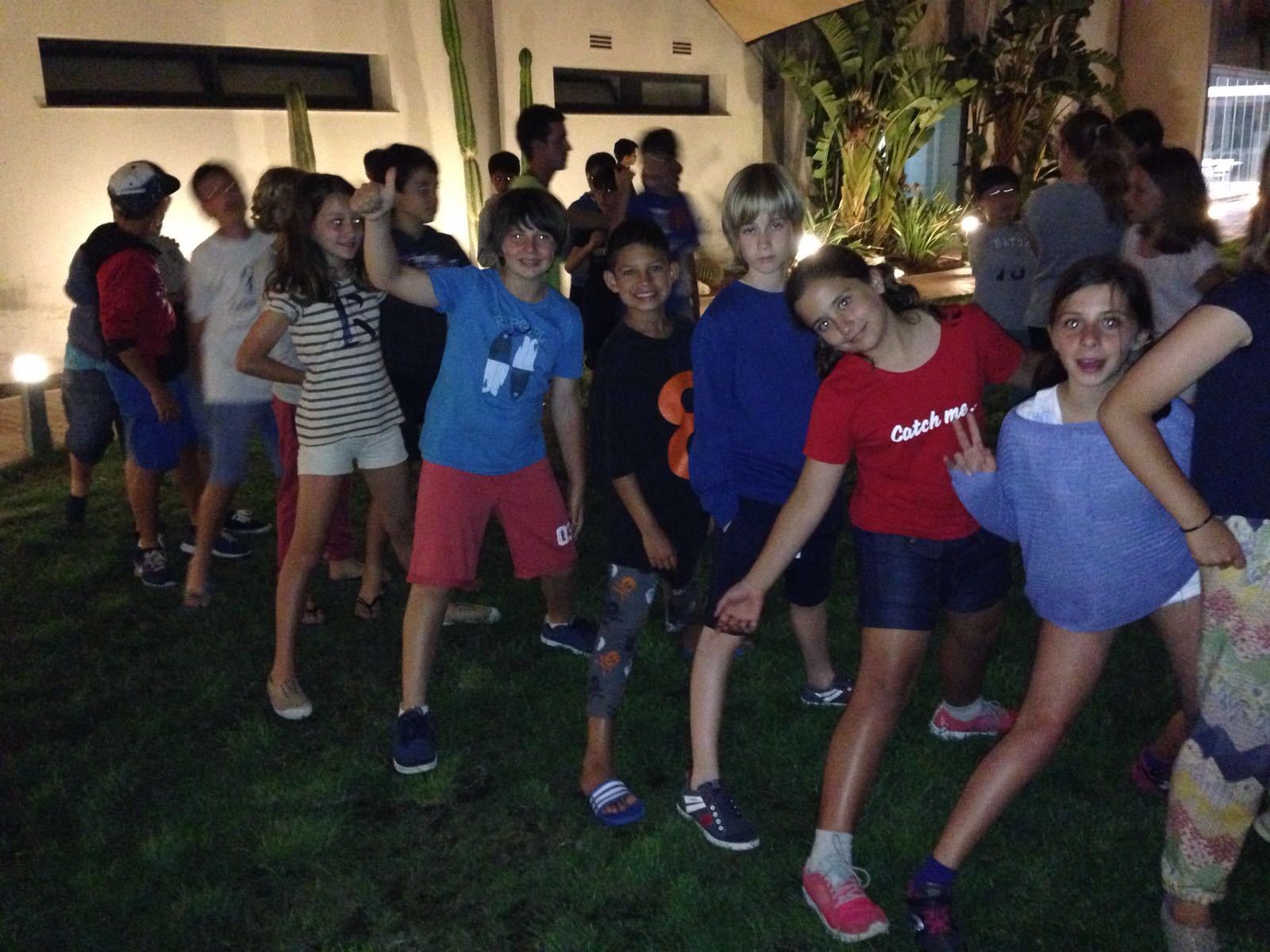
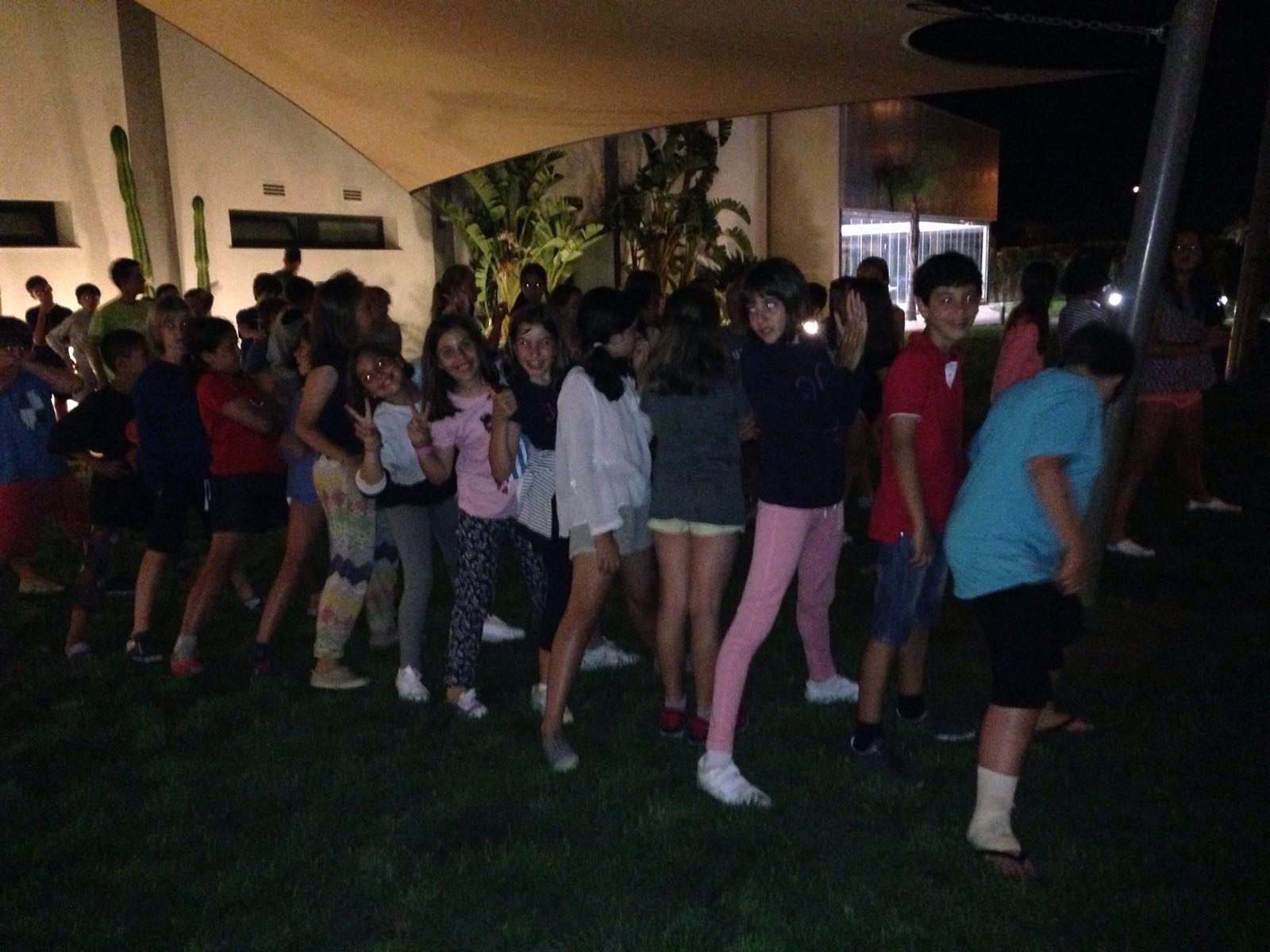
1 Pingback